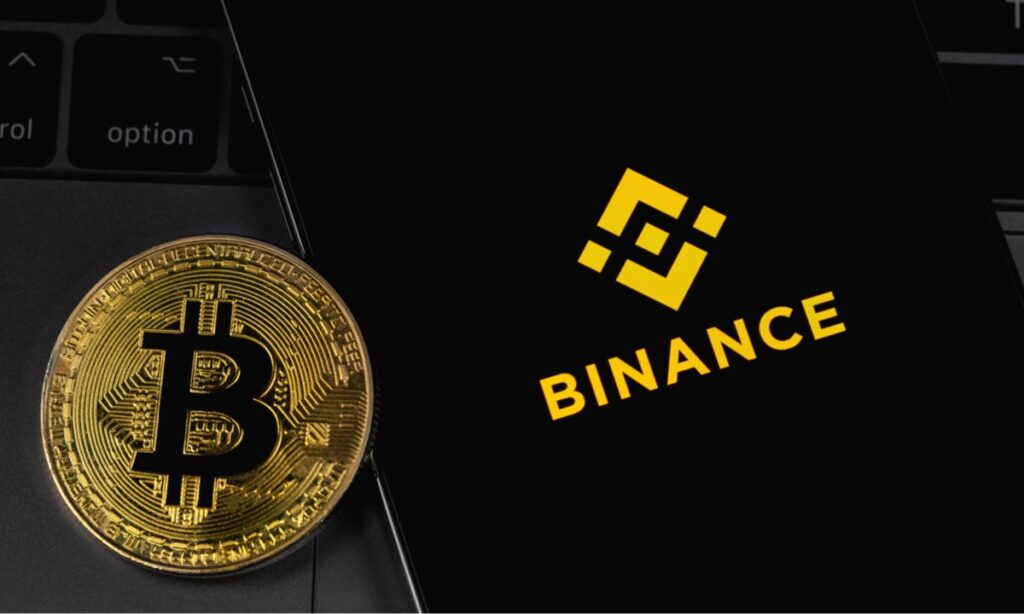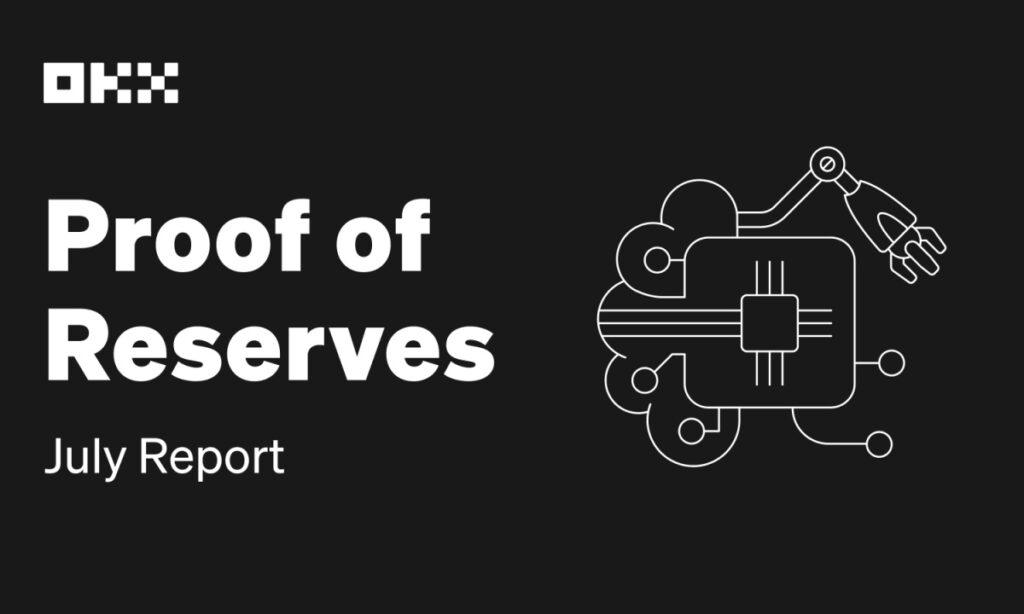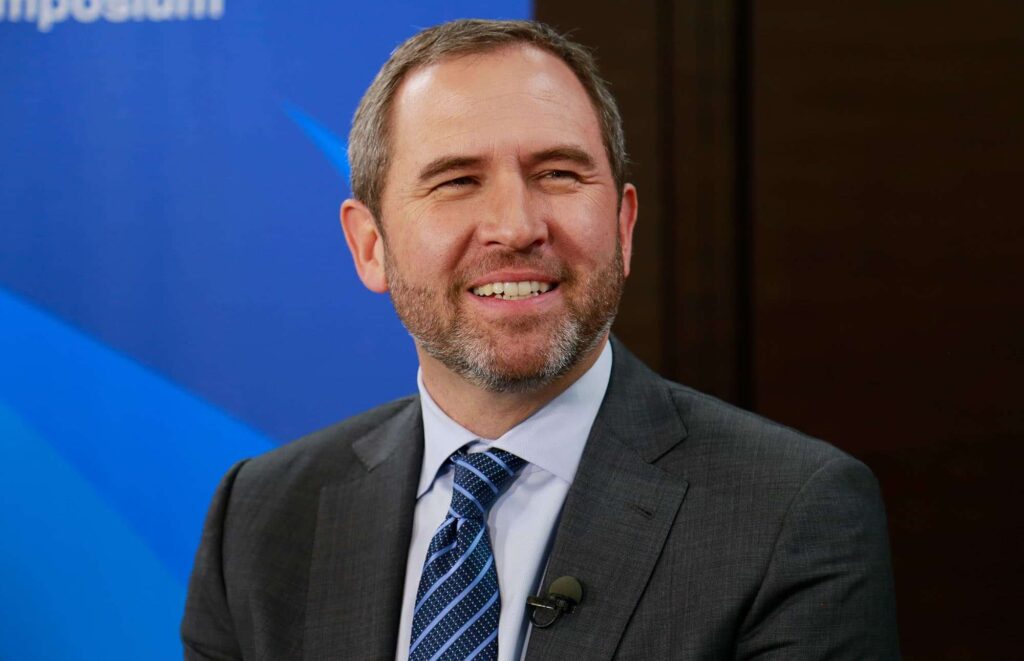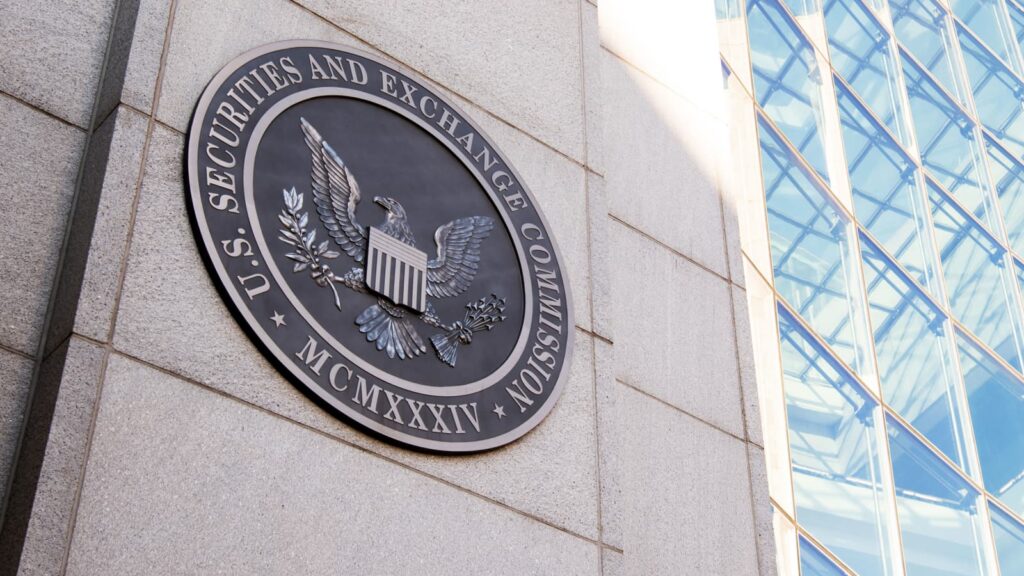NBA star Jimmy Butler has requested his dismissal from a class-action lawsuit that targets celebrities allegedly involved in promoting unregistered securities by Binance.
Butler’s lawyers, in a filing on July 24, argued that the three tweets he appeared in, which promoted Binance between February 2 and February 13, 2022, did not mention any unregistered securities.
Therefore, they contended that these tweets could not have contributed to the promotion of such securities.
The lawyers emphasized that Butler’s tweets were not recommendations for investments; instead, they served as a cautionary message about celebrity crypto endorsements.
He urged potential Binance customers to conduct their own research before making any crypto investments.
The lawsuit, filed in March, named Butler along with Binance, its CEO Changpeng “CZ” Zhao, and YouTubers Graham Stephan and Ben Armstrong (also known as BitBoy Crypto).
READ MORE: Ripple CEO Brad Garlinghouse Criticizes SEC’s ‘Regulation by Enforcement’
Binance had engaged Butler, a prominent player for the NBA’s Miami Heat, in 2022 to promote the exchange in the lead-up to that year’s Super Bowl.
His promotional efforts began with a video promoting a free nonfungible token (NFT) collection from Binance on February 2, 2022, followed by two additional tweets on February 7 and February 13.
In the video sponsored by Binance, Butler advised viewers, “You’re going to hear some of the biggest names telling you to get into crypto, but they don’t know you or your finances.”
He added, “Binance and I are here to tell you, trust yourself and, of course, do your own research.”
One of Butler’s tweets for the exchange encouraged users to use the hashtag “#CryptoCelebAlert” during the Super Bowl for a chance to win one of 2,222 NFTs.
Another video featured Butler once again urging his followers to trust themselves and conduct thorough research into cryptocurrencies.
In a revised complaint on June 27, it was alleged that Butler’s statements were deceptive as they were presented alongside the promotion of Binance’s free NFTs and exchange platform.
In addition to Butler’s motion, Binance, Zhao, and Armstrong have also filed motions to dismiss the class-action lawsuit.
In an earlier development, finance YouTuber Graham Stephan was dismissed from the suit on June 15.
Other Stories:
Crypto Lending Firm Faces Service Disruption as Assets Seized by Regulator








